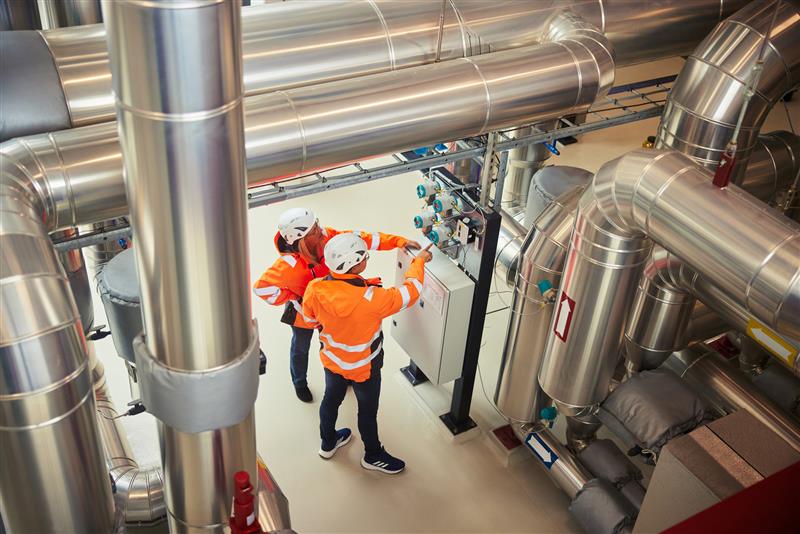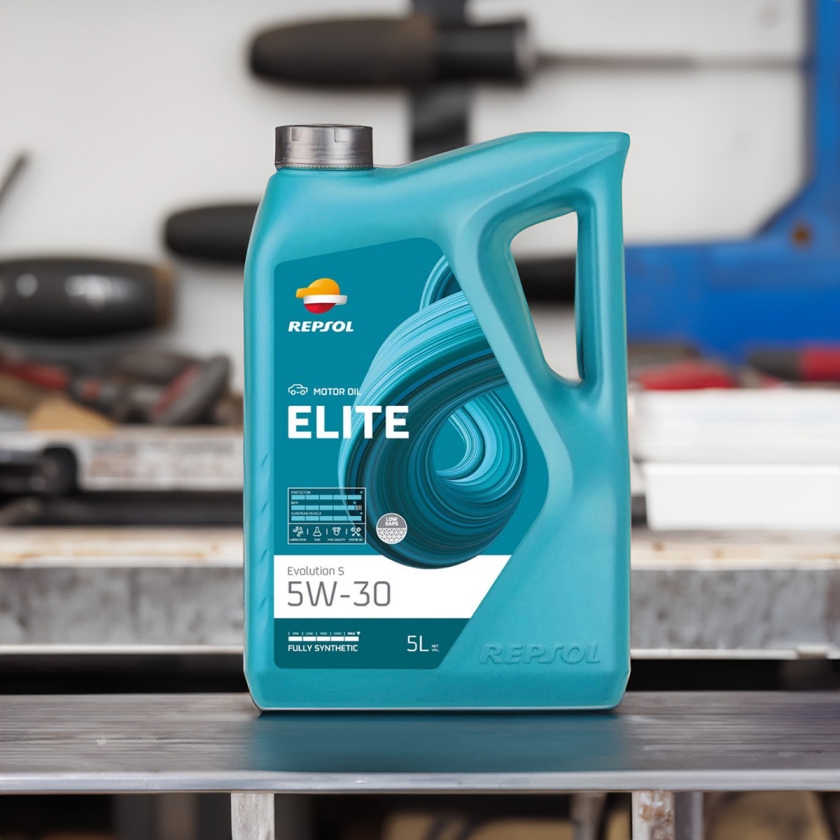Lubricants and their role in fuel consumption: this is how you can save

We all want to save fuel in our vehicles. And, in order to achieve it, one of the most recommended practices is to seek efficiency in consumption, something that can be achieved in different ways, whether it be by optimizing aspects such as driving or monitoring the tire pressure of the vehicle.
However, there is an aspect that many users overlook and that can make all the difference. Indeed, these are lubricants, which play a key role in a vehicle's performance and fuel economy.
For this very reason, in this article we are going to explain how this saving is achieved through a practical case study by Repsol Lubricants and, in addition, we will give you some practical tips to optimize the performance of your vehicle.
How do lubricants affect fuel efficiency?
The lubricants are designed to reduce the internal friction of the engine, resulting in less resistance and much smoother running operation. As a result, the engine works more efficiently and consumes less fuel.
It should be remembered that modern lubricants need to be validated in tests that certify this reduction in consumption and always ensure the performance and durability of the engine.
The case of commercial fleets: a study by Repsol Lubricants
In commercial fleets, every little efficiency can be a big saving. Therefore, the choice of suitable lubricants becomes even more important for these businesses. In fact, companies of this type can benefit greatly by partnering with suppliers that understand their specific needs and offer customized solutions.
This is what happened a few years ago in Valencia (Spain), where a joint field study was carried out [you can read the conclusions here] by the Municipal Transport Company (EMT), Repsol Lubricants, and the Instituto CMT-Motores Térmicos of the Universidad Politécnica de Valencia.
The aim was to quantify fuel savings based on the lubricant used in the period 2015-2019. To achieve this, the use of conventional oils (SAE 10W-40) was compared to high-tech lubricants with lower viscosity (SAE 5W-30) that meet engine manufacturers' specifications and demonstrate fuel-saving properties in engine tests.
In these cases, one of the main difficulties is to estimate the actual fuel savings when engines work under actual operating conditions (in this case, in an urban public transport fleet). For this purpose, 40 buses with different engines and fuels (diesel and natural gas) were selected and an analytical follow-up of the used oil was carried out to verify key parameters such as viscosity evolution, engine wear, or possible contaminations.
In the Mercedes Benz Citaro with diesel, a fuel saving result of 1.8% was obtained. This figure was more than doubled in the MAN NL 243, using natural gas with a 3.7% saving, which translates into a reduction of 70.1 g CO2 / km.
Thanks to this work, there is evidence of real fuel savings and, therefore, the contribution to reducing maintenance costs and CO2 emissions for a more sustainable transport.
Tips to reduce fuel consumption
As well as the aforementioned benefits, it should be noted that the use of quality lubricants can prolong engine useful life and reduce long-term maintenance costs. Therefore, we give you a couple of tips that will help you to achieve it.
- Choose the right lubricant. Always opt for quality lubricants designed specifically to meet the requirements of your engine's manufacturer. Look for those with recognized certifications and standards in the automotive industry. And, above all, follow the vehicle manufacturer's instructions.
- Keep the engine clean. Accumulation of deposits in the engine can increase friction and decrease consumption efficiency. Therefore, we recommend regular oil and filter changes to keep the engine clean and running smoothly.
By choosing the right lubricants and following proper maintenance practices, you can maximize the performance of your vehicles, whether you are an individual or in charge of a commercial fleet. Thus, you will obtain savings in fuel and maintenance, in addition to contributing to a more sustainable and environmentally friendly transport.
If you have any questions, remember to visit our questions and answers section. And if you don't find what you're looking for, fill in this form to ask us. Until next time!
Contenidos relacionados



